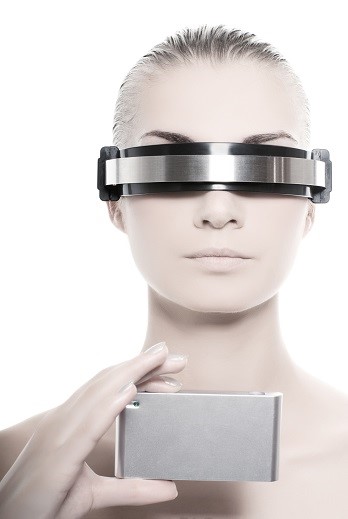How the IoT is changing our society
The Internet of Things (IoT) will change the daily lives of billions of people in the coming years. In order to address the impact of the IoT and the fourth industrial revolution - digitalisation - on business and society, the Diplomatic Council, a global think tank that advises the United Nations, has established a new forum.

Every company has to find out for itself how to move from rigid value chains to dynamic value networks.
The Diplomatic Council sees the Internet of Things as going far beyond a technology and as a driver of change in the foundations of human life. "The Internet of Things is the bridge between the digitization of the world and everyday reality, and thus represents a fundamental evolution with far-reaching consequences for the future of civilization as a whole," explains Special Representative Dr. Michael Fuchs. He points out that the United Nations Commission on Science and Technology has included IoT as a key topic in its 2030 agenda.
Better realtime functions
Chairman Otto Schell adds: "The IoT enables a different kind of collaboration through the transparency and speed of the technology. For companies, with real-time technologies and their distribution, for example via smartphones or open platforms, the market entry hurdle is lower than ever before. This explains the effect of digitalization from a market perspective. From a company's point of view, digitalization means the flow of data, for example via sensors, into business processes and into the market, for example via customer relations. In other words, that what digitalization is all about is the flow of software into transactions and analytics."
Principles, norms, rules?
Governments, the private sector and civil society are equally challenged, in their respective roles, to develop common principles, norms, rules and approaches to decision-making that will guide the further development and use of digitalisation. The Internet of Things represents the extension of the Internet into the real world, so that many everyday objects become part of the Internet. "One of the consequences is the direct impact on end-to-end business processes, i.e. the end-to-end automation of processes that this enables. In many process chains, this creates a transparency that is surprising for many market participants and by all means not always desired," says DC Chairman Otto Schell.
Main levers of transformation
DC Special Representative Dr. Michael Fuchs explains: "Networking through the Internet of Things will gradually affect all industries. Beyond technological progress, the focus will be on new business models that arise from networking, the resulting data and their evaluation. The four levers of digital transformation are digital data, automation, digital customer access and networking.
Every company has to find out for itself how to move from rigid value chains to dynamic value networks.
This is linked to the development of new innovative business models. Which, conversely, means that companies may well commit to the current business model with the knowledge that it may be temporary."
Fair balance of interests
The Diplomatic Council pursues the goal of ensuring that the opportunities offered by digitalisation benefit all people everywhere in equal measure. The DC strives for a fair balance of interests that is as equitable as possible for all countries as well as civil society, academia and the private sector around the globe.
To this end, the Diplomatic Council, under www.diplomatic-council.org published a white paper on IoT (authors: Dr. Michael Fuchs and Otto Schell).
It complements a white paper on the impact of software on business and civil society (author: Andreas Espenschied), which is also available at www.diplomatic-council.org is visible.









